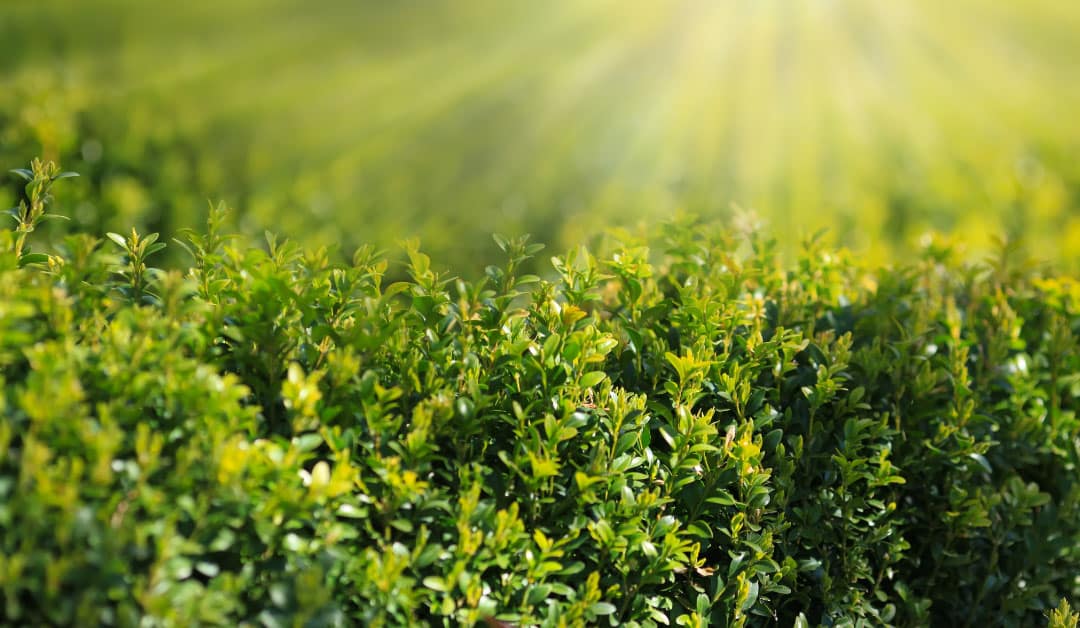Earlier this year the RHS (Royal Horticultural Society) declared that homeowners should look to swap their fences for a hedge. This is after they began a climate study into the benefits of hedges for the environment.
How Hedges Tackle Climate Change
The RHS have begun conducting a study into which species of hedges are best for tackling the climate crisis and pollution.
It’s of particular focus in urban areas how green infrastructure can positively impact things like air pollution. The study, led by the RHS’s principal horticultural scientist, Dr Tijana Blanusa, investigates the properties of a variety of hedge species. This is to determine how they provide important ecosystem services as well as assessing the benefits of mixed hedging.
The key benefits to the environment include:
- Reducing pollution
- Improving air quality
- Slow the flow of rainwater
- Helps with flood management
- Provides shelter and habitats for wildlife
- Helps with the regulating of temperatures through shading and cooling
Hedges are the “Hero Feature in any Garden”
It’s often been said that hedges not only provide fantastic environmental benefits, but they also have many benefits for the homeowner.
Overall, they are relatively cheap, long lasting and act as an aesthetically pleasing, natural screen for your garden or outdoor space.
“Knowing which planting combinations to choose to get the most environmental benefit, and how to look after them effectively, could enable wider uptake as we seek to future-proof our towns and cities.” Blanusa said.
This study will look in greater detail at the different species and how they provide their benefits. The aim is to encourage more uptake of hedges.
Disadvantages of a Monoculture of Hedges
The RHS hope that with this study, more knowledge will be available to inform people of the benefits of different species and how to properly maintain them. As well as, how different breeds of hedges can effectively complement each other.
This will hopefully avoid situations of monoculture, which can unfortunately leave hedges susceptible to disease and limit biodiversity.
You can learn more about the study here on the RHS Website.
If you would like help and advice on your hedging requirements, including the ideal hedge for your soil type and climate, contact our helpful and friendly team today.

